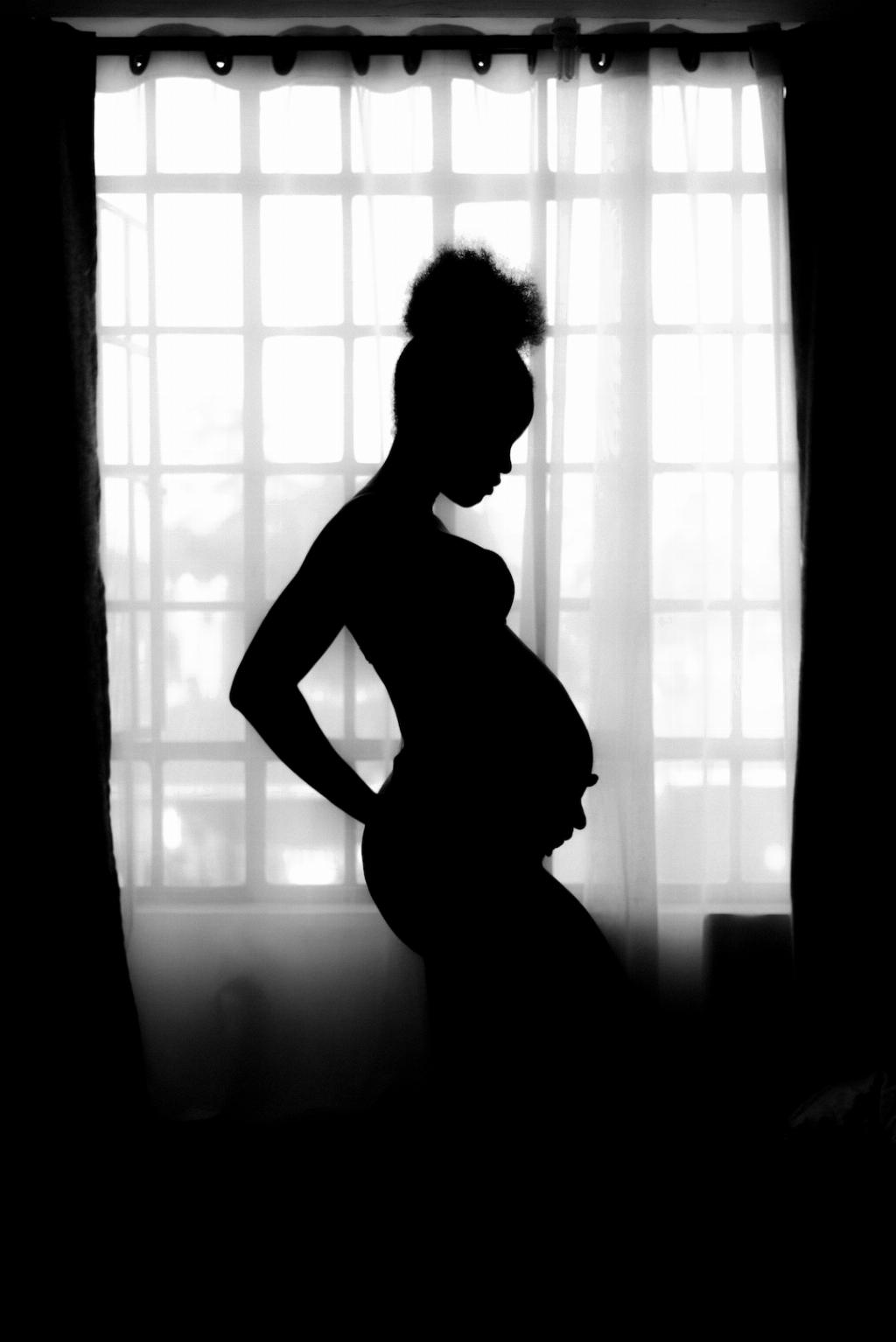Many women experience various physical discomforts during pregnancy, and jaw pain is one that can often go overlooked. The hormonal changes that occur during pregnancy, particularly the rise in estrogen and relaxin, can have a significant impact on the body’s joints, including those in the jaw. This increase in hormones can make all the joints in the body more lax and unstable, leading to potential pain and discomfort.
The Role of Estrogen and Relaxin
Estrogen and relaxin play a crucial role in preparing the body for childbirth by loosening ligaments and joints to accommodate the growing fetus. While this is essential for the birthing process, it can also affect the temporomandibular joint (TMJ), which controls jaw movement. The loosening of the TMJ due to hormonal changes can result in jaw pain and discomfort in pregnant individuals.
Impact of Posture Changes
Additionally, as the body undergoes physical changes to support the growing fetus, women may develop rounded shoulders and neck tension. This alteration in posture can lead to increased stress on the neck and jaw muscles, exacerbating any existing jaw pain or discomfort. It’s crucial to address postural changes during pregnancy to alleviate tension in the jaw and surrounding areas.
Connection Between Neck and Jaw
The neck and jaw are intricately connected through a network of muscles and ligaments. Any tension or misalignment in the neck can directly impact the jaw, leading to symptoms such as jaw pain, clicking, or difficulty opening and closing the mouth. Pregnancy-related changes in posture and hormone levels can further exacerbate this connection, contributing to jaw pain in pregnant individuals.
Stress and Anxiety
Pregnancy can be a stressful and anxiety-inducing time for many women as they navigate physical, emotional, and lifestyle changes. Stress and anxiety can manifest physically in the form of jaw clenching or teeth grinding, commonly known as bruxism. These habits can put excessive strain on the jaw muscles, leading to pain and discomfort in pregnant individuals.
Dental Considerations
In addition to hormonal and postural factors, pregnant individuals may also experience dental issues that contribute to jaw pain. Pregnancy gingivitis, a common condition characterized by gum inflammation, can cause discomfort and swelling in the jaw area. Proper dental care during pregnancy is essential to address any oral health concerns that may be contributing to jaw pain.
Self-Care Tips
While jaw pain during pregnancy can be challenging, there are several self-care strategies that pregnant individuals can implement to alleviate discomfort. Practicing relaxation techniques such as deep breathing or gentle jaw exercises can help reduce tension in the jaw muscles. Maintaining good posture and using ergonomic pillows to support the neck and shoulders can also help alleviate jaw pain.
Consultation with Healthcare Provider
If jaw pain persists or becomes severe during pregnancy, it’s essential to consult with a healthcare provider or a dentist. They can assess the underlying causes of the pain and provide appropriate treatment options. In some cases, physical therapy, massage, or dental interventions may be recommended to address jaw pain effectively.
Importance of Hydration and Nutrition
Proper hydration and nutrition play a vital role in overall health and can also impact jaw pain during pregnancy. Staying hydrated and consuming a balanced diet rich in vitamins and minerals can support muscle function and reduce the risk of cramping or tension in the jaw area. Incorporating foods high in calcium and magnesium can also promote muscle relaxation and alleviate jaw discomfort.
Supportive Measures
Seeking support from a healthcare provider, a prenatal care specialist, or a physical therapist can provide valuable guidance and support for managing jaw pain during pregnancy. They can offer personalized recommendations and treatment options to address individual needs and alleviate discomfort effectively. Open communication and proactive management of symptoms are key in ensuring a comfortable and healthy pregnancy experience.
Conclusion
Jaw pain during pregnancy is a common but often overlooked symptom that can result from a combination of hormonal changes, postural adjustments, stress, and dental factors. By understanding the underlying causes of jaw pain and implementing appropriate self-care strategies, pregnant individuals can alleviate discomfort and improve their overall well-being during this transformative time. Seeking professional guidance and support when needed is essential in managing jaw pain effectively and ensuring a positive pregnancy experience.

